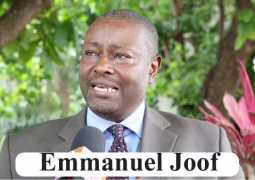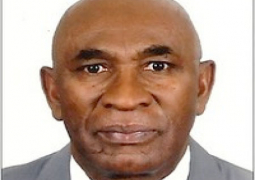Launched in The Gambia by the Energy Ministry some two years ago, this four-year project being implemented in The Gambia by the United Nations Industrial Development Organisation (UNIDO) is a sub-regional exercise being funded from the Global Environment Fund (GEF).
This project is deemed especially important as The Gambia, like many other countries in the sub-region, will continue to face enormous problems if an outlet is not found to free the country from depending on excessive use of biomass and imported fossil fuels for energy generation.
It is very essential that such a project is being promoted by the private sector umbrella body in the country, since almost all of The Gambia’s modern energy service requirements are met from imported fossil-based energy sources.
This is not only affecting the country’s foreign exchange reserves, thus making the country vulnerable to fluctuations in world oil prices, but also results in the emission of greenhouse gases.
On the other hand, the project is expected to generate multiple benefits to different players and stakeholders within the country at the global environment level.
For these and other pertinent reasons, barriers to renewable energy development, which include legal and regulatory framework and limited institutional and technical capacity, must be addressed in earnest for the good of the nation and its economy.
We are therefore calling on the whole nation, especially those that are directly involved with the project implementation and members of the private sector, that without sustainable energy the economy of The Gambia would be gravely affected.
Without renewable, sustainable and affordable energy, manufacturing would all but decline, commercial activity would be depressed, and transportation would be reduced to a crawl.
Schools, churches, and hospitals would not function properly. Communications – via radio, TV, newspapers, and telephone – would be nearly dead.Agricultural production would absorb most of our time and labour.
Without sustainable and affordable energy, most of us would be reduced to a poverty level of living.
So the call for support to its implementation and promotion by the GCCI, the United Nations Industrial Development Organisation (UNIDO) and The Gambia Government through the Ministry of Energy must be heeded to put our nation and the economy on a rising pedestal.
“In reality, studies show that investments to spur renewable energy and boost energy efficiency generate far more jobs than oil and coal.”
Jeff Goodell
Read Other Articles In Article (Archive)



